Loan Service
Unlock Your Financial Potential, Mate! We are Here for All of Australia
We understand that achieving your borrowing goals often requires the right financing. Whether you're dreaming of a new home, expanding your business, or consolidating debt, our loan services are designed to simplify the process and secure the best possible outcome for you.
By leveraging our deep accounting and tax expertise as well as by working closely with you to understand your financial and income arrangements; we’re best placed to secure the most effective loan structures and competitive rates that go well beyond what typical lending specialists might offer at one bank.
Our Loan services
We offer a comprehensive range of loan solutions, tailored to your individual needs.
Home
Loan
Whether you're a first-timer, looking to upgrade, or simply refinancing, getting a home loan can feel like a big hurdle. At TidyTax, we will walk you through the process, cut through the jargon, and help you find the right home loan that fits your loan objectives. We will compare options from a range of all leading lenders to ensure you're getting a fair dinkum deal. Let's get you into your dream home, no worries!
Construction
Loan
Car/Personal
Loan
Business
Loan
Debt
Consolidation
Investment Property Loan
The Best Loan Agent for Your Aussie Dream? Look No Further.
The secret to our enduring customer relationships?
It lies in the value we consistently deliver, making us their natural choice, again and again.
We go Above & Beyond
We believe in building lasting relationships with our clients. Our experienced loan specialists are dedicated to understanding your unique financial situation, your specific goals, and your personal aspirations. We will work closely with you, providing expert advice and unwavering support throughout your entire loan journey.
Wide Range of Lending Options
We have cultivated strong relationships with a diverse network of trusted lenders, including major banks, credit unions, and specialist finance companies. This extensive network allows us to explore a wide array of loan products and find the most competitive interest rates and favourable terms available in the market.
Transparent, Reliable Service
Ongoing Support
we make loans & mortgages easy
Your TidyTax Journey Simple Streamlined Stress-Free All-Digital
1
Book Appointment
Our loan specialist will work with you to understand your financial situation, goals, and aspirations.
2
Loan Options Exploration
3
Streamlined Application
4
Loan Approval
5
Ongoing Support
6
Loan Check-in
Wide Range of Lending Partners
We have cultivated strong relationships with a diverse network of trusted 40+ lenders, including all major banks, credit unions, and specialist finance companies. This extensive network allows us to explore a wide array of loan products and find the most competitive interest rates and favorable terms available in the market.
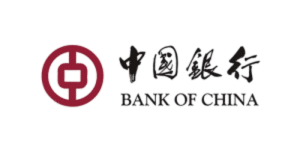


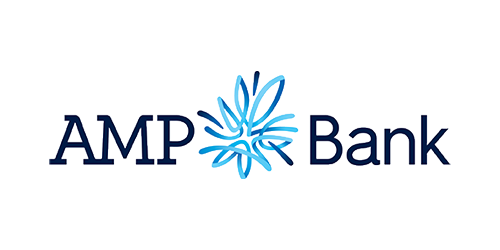
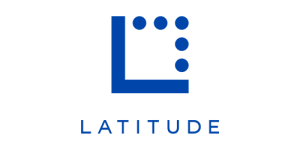
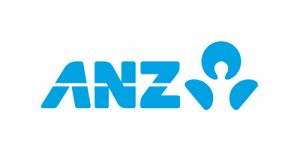

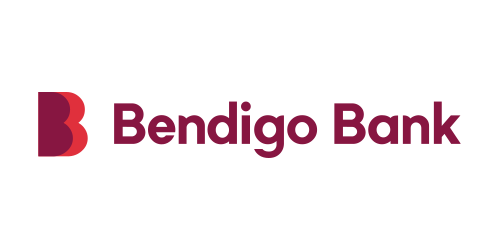
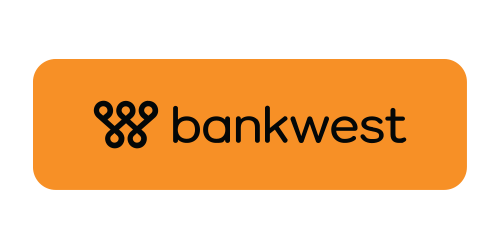
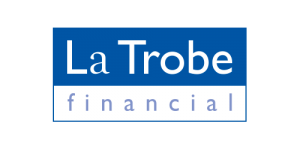
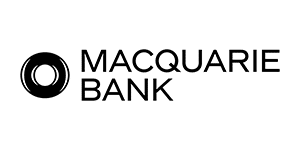

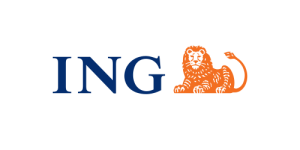
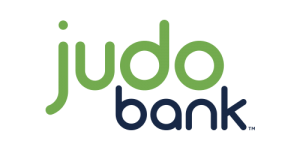
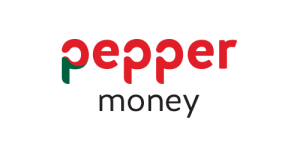
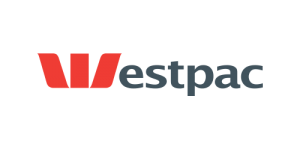
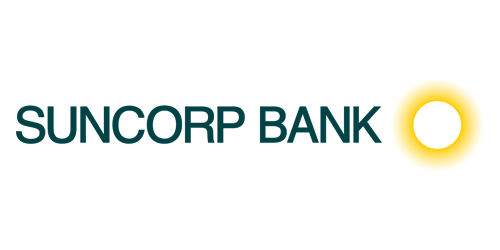
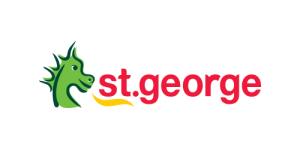
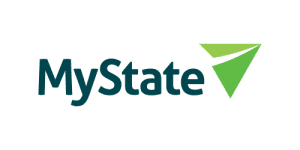
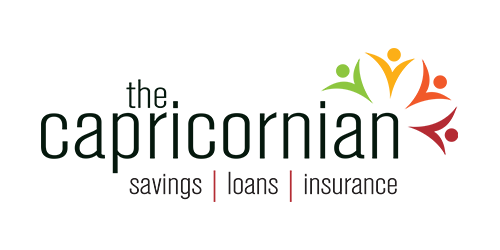
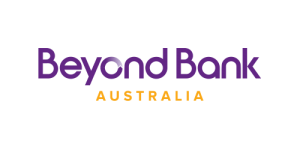
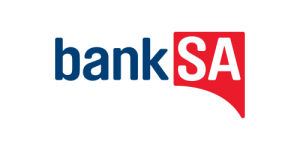

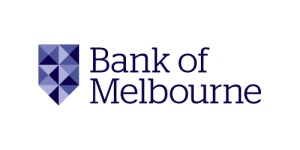
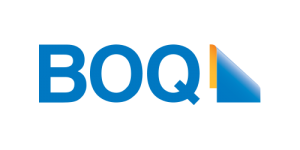
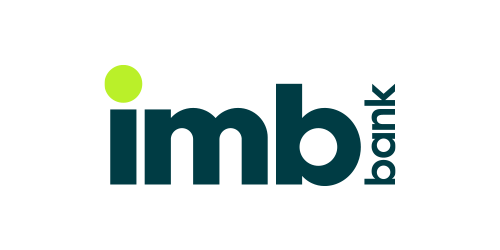
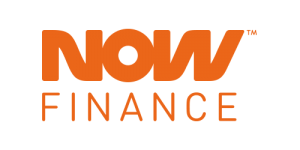
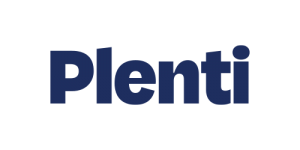
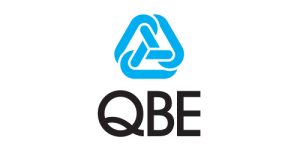
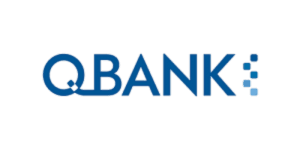
Loan FAQs
What is a fixed-rate home loan?
A fixed-rate loan means your interest rate and repayments remain the same for a set period, offering stability and predictability in your budget.
What is a variable-rate home loan?
A variable-rate loan’s interest rate can go up or down with market changes, meaning your repayments can fluctuate. It offers flexibility like extra repayments without penalty.
What is LVR (Loan-to-Value Ratio)?
LVR is the percentage of the property’s value that you are borrowing. For example, a $400,000 loan on a $500,000 property is an 80% LVR.
What is LMI (Lenders Mortgage Insurance)?
LMI is an insurance policy protecting the lender if you default on your loan, typically required when your LVR is above 80% (i.e., your deposit is less than 20%).
How much deposit do I need for a home loan?
Generally, a minimum deposit of 5% to 10% of the property value is required, though 20% or more helps avoid LMI and often secures better rates.
Can I get a home loan if I'm self-employed?
Yes, but you’ll usually need to provide two years of tax returns and financial statements to prove consistent income, rather than payslips.
What is pre-approval?
Pre-approval is an indication from a lender of how much they might lend you based on an initial assessment, helping you set a property budget.
How long does a home loan application take?
From initial application to formal approval can range from 1-3 weeks, depending on the lender and the complexity of your financial situation.
What are the main costs besides the loan itself?
Besides your repayments, common costs include stamp duty, legal/conveyancing fees, valuation fees, and potentially LMI.
What is a business loan?
A business loan provides funds to start, grow, or manage a business, used for purposes like working capital, equipment, or expansion.
What types of business loans are available?
Common types include term loans, lines of credit, equipment finance, invoice finance, and commercial mortgages, each suited for different business needs.
What do lenders look for in a business loan application?
Lenders assess your business plan, financial history, credit score, revenue stability, and capacity to repay the loan.
Do I need collateral for a business loan?
Many business loans, especially larger ones, require collateral (assets) or a personal guarantee to secure the loan, though unsecured options exist for smaller amounts.
How quickly can I get a business loan approved?
Approval times vary greatly; some online lenders offer fast approvals within days, while traditional bank loans can take weeks.
What is working capital?
Working capital is the difference between your current assets and current liabilities, representing funds available for day-to-day operations. Loans can boost this.
Can I get a business loan for a new startup?
It’s challenging but possible. Lenders will scrutinize your business plan, market research, cash flow projections, and often require personal guarantees.
What documents are required for a business loan?
Typically, you’ll need financial statements (P&L, balance sheet), tax returns, bank statements, a business plan, and identification documents.
How are business loan interest rates determined?
Rates depend on the loan type, your business’s creditworthiness, the loan term, and whether the loan is secured or unsecured.
What's the difference between a business loan and a line of credit?
A business loan is a lump sum repaid over time, while a line of credit allows you to draw and repay funds up to a limit as needed, like a flexible overdraft.
What is debt consolidation?
Debt consolidation combines multiple existing debts (like credit cards, personal loans) into a single, often lower-interest, loan.
What are the benefits of debt consolidation?
Benefits include simplifying repayments (one monthly payment), potentially lowering your overall interest rate, and reducing the total amount paid over time.
How does debt consolidation work?
You take out a new loan for the total amount of your existing debts, use it to pay them off, and then make repayments only on the new, consolidated loan.
Will debt consolidation affect my credit score?
Initially, applying for a new loan can cause a slight dip. However, if managed well, making consistent repayments on the consolidated loan can improve your score long-term.
What types of debt can be consolidated?
Typically, unsecured debts like credit card balances, personal loans, medical bills, and store cards are suitable for consolidation.
Is debt consolidation right for everyone?
No. It’s best for those with a clear repayment plan and disciplined spending habits. It’s not a solution for underlying financial mismanagement.
Can I consolidate my debts if I have bad credit?
It’s harder, but some lenders specialise in bad credit debt consolidation loans. You might face higher interest rates or require collateral.
What are the potential risks of debt consolidation?
Risks include extending the repayment period (paying more interest overall), temptation to accrue new debt, and potentially higher interest rates if your credit is poor.
Should I use a personal loan or a home equity loan for consolidation?
A personal loan is unsecured but might have higher rates. A home equity loan is secured by your home (riskier if you default) but usually offers lower rates.
What fees are associated with debt consolidation?
Be aware of potential loan origination or balance transfer fees. TidyTax provides transparent information on all fees, ensuring you understand the true cost of consolidation.
What is a construction loan?
A construction loan is a short-term loan used to finance building a new home or significant renovation, paid out in stages. TidyTax helps you understand the unique structure of construction loans and their phased payouts.
How does a construction loan differ from a regular home loan?
Construction loans are released incrementally as milestones are met, unlike a lump sum home loan. TidyTax guides you through the drawdown schedule and repayment adjustments for construction loans.
What are "progress payments" or "drawdowns"?
These are scheduled payments released from the loan at various stages of construction. TidyTax helps you prepare for and manage the progress payment schedule with your builder and lender.
How is interest calculated on a construction loan?
Interest is only charged on the portion of the loan that has been drawn down. TidyTax can help you project your interest costs as your construction progresses.
What documents do I need for a construction loan?
You’ll need approved building plans, council permits, and a fixed-price building contract. TidyTax assists in compiling the comprehensive documentation required, including builder contracts and permits.
Can I build my own home and get a construction loan?
Interest is only charged on the portion of the loan that has been drawn down. TidyTax can help you project your interest costs as your construction progresses.
What happens after construction is complete?
Interest is only charged on the portion of the loan that has been drawn down. TidyTax can help you project your interest costs as your construction progresses.
What if the builder goes over budget?
Interest is only charged on the portion of the loan that has been drawn down. TidyTax can help you project your interest costs as your construction progresses.
Is LMI required for a construction loan?
Interest is only charged on the portion of the loan that has been drawn down. TidyTax can help you project your interest costs as your construction progresses.
How long does a construction loan last?
The construction phase typically lasts 6-18 months, then converts to a standard mortgage. TidyTax helps you plan for the full loan term, from construction to final repayment.
What is a personal loan?
A personal loan is a sum of money borrowed for personal use, repaid over a fixed term. TidyTax helps you determine if a personal loan is the best financial tool for your specific need.
What's the difference between secured and unsecured personal loans?
A secured loan uses an asset as collateral, while an unsecured loan does not. TidyTax advises on the pros and cons of secured vs. unsecured loans for your situation.
Can I use a personal loan for any purpose?
Most personal loans are flexible for various purposes, but some lenders may have restrictions. TidyTax helps you find lenders with flexible terms that align with your intended use of funds.
How quickly can I get a personal loan?
Many online lenders offer quick approvals within hours or days. TidyTax can streamline the application process for faster access to funds.
What factors affect my personal loan interest rate?
Your credit score, income stability, and debt-to-income ratio all influence the rate. TidyTax helps you understand how your financial profile impacts interest rates and how to improve it.
What documents do I need for a personal loan?
Typically, you’ll need proof of identity, income, and bank statements. TidyTax assists in gathering and organising all necessary documents for a smooth application.
Can I repay a personal loan early?
Yes, but check for any early repayment fees. TidyTax advises on loan terms, including any penalties for early repayment, to ensure financial flexibility.
What is a balloon payment in a car loan?
A balloon payment is a lump sum owed at the end of a car loan term. TidyTax helps you understand the implications of balloon payments and if they suit your financial plan.
Do I need a good credit score for a personal loan?
A good credit score increases your chances of approval and secures lower rates. TidyTax can offer advice on improving your credit score to access better loan terms.
Are there any hidden fees with personal loans?
Always check for establishment, monthly service, or late payment fees. TidyTax provides transparent information on all fees, ensuring no hidden surprises in your loan agreement.
Real Results, Real Stories
Ready to get best deal for your loan?
We are here to provide expert advice, clear up any confusion, and help you secure the right loan for your needs. No worries, just sensible solutions!
